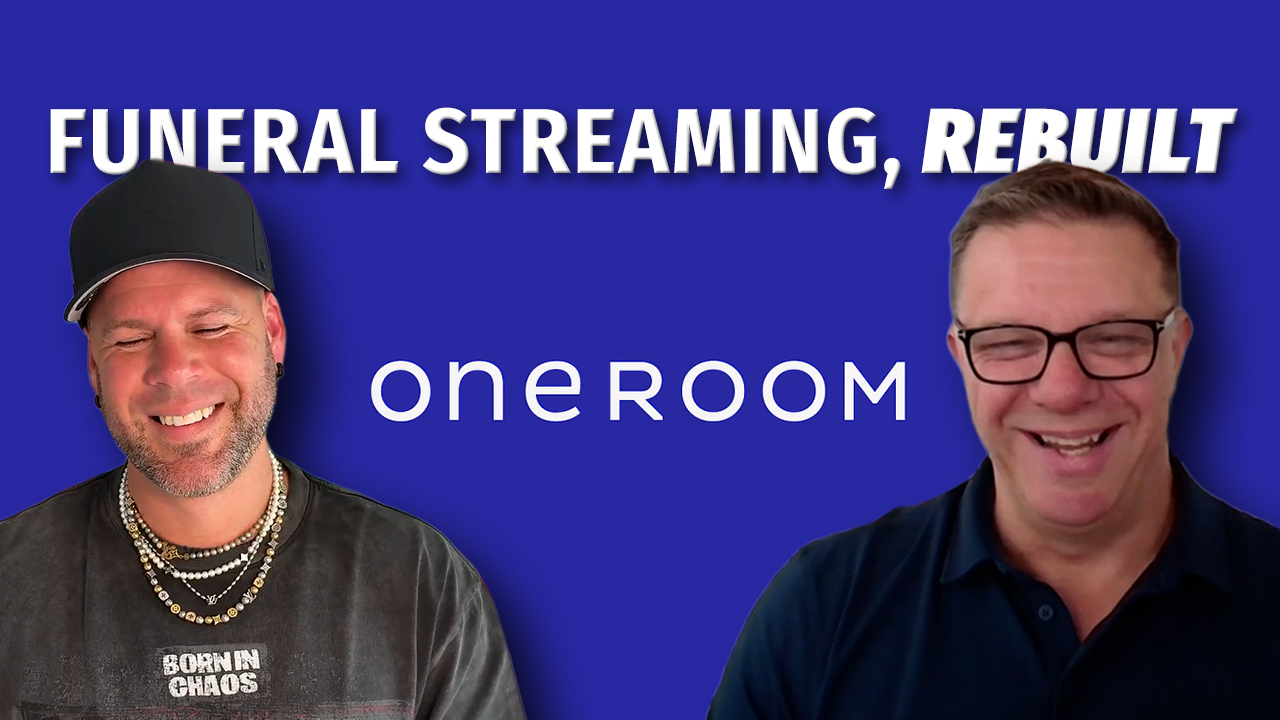The Changing Roles of the Funeral Director, the Clergy and the Bereaved
Traditionally the clergy has played a vital role in the care of the dying, the dead and the bereaved. In recent times this role has been greatly reduced, and the clergy are no longer necessarily a visible presence at the bedside of the dying nor among the bereaved in the weeks and months that follow the death of a loved one. The care of the dead is currently shared by the funeral professional and the clergy, the former ministering to the body and the latter to the soul. Although they are rarely invited to join families to guide them in planning a funeral, the clergy continue to officiate at funerals, overseeing communal rituals despite the increasing number of congregationally unaffiliated. Families turn to the funeral professional for guidance and support in making the arrangements for the funeral and either the burial or cremation.
The literature suggests that an animosity or tension exists between the clergy and the funeral professionals who have seemingly usurped power over the dead and the bereaved. More recently, there has been a suggestion that funeral directors and the clergy are in collusion when dealing with bereaved families as a means of ensuring both are financially rewarded. These assumptions are not supported by evidence in a recent study of clergy done as a part of my ethnographic study. Clergy representing almost every Christian denomination were queried about their opinions on issues such as the role of the clergy in planning a funeral, funerals for the unaffiliated, follow-up with bereaved families, types of conflicts that might arise between funeral directors and clergy and the qualities they felt were important in a good funeral director.
The areas of conflict identified in the literature may or may not be relevant today. The church is typically described as being opposed to delay in burial, embalming and the restoration of the body, the showing of remains, expensive funerals, lavish floral displays, the extensive use of funeral homes and the planning and control of the funeral by the funeral director. Mitford (1963) in her book, The American Way of Death, identifies the conflict between the clergy and the funeral director as centering on money issues and the falsification of the appearance of the dead. In her subsequent book (1998), she declared that the funeral director had declared war on the unsuspecting clergy. A further cause of tension according to Bowman was the continuous request for clergy to oversee funerals of the unaffiliated families which would lead to resentment of the entire industry (1959, 63). Bowman(1959), Fulton (1961) and Mitford (1963) , and French (1985) give no examples of the clergy and funeral director greasing one another?s palm. In fact it is quite the opposite according to these authors. Criticisms center around two issues. First, dramatizing the body while ignoring spiritual matters of death and second, taking undo financial advantage of the bereaved.
The clergy who responded to my survey indicated that the working relationship between the funeral director and the clergy is excellent. Today, the role of the clergy and the funeral director are clearly defined, ?funeral directors facilitate organizational structure .. clergy facilitate funeral service and ritual.? Rather than concentric circles touching one another, the roles of the funeral director and the clergy should be thought of converging circles sharing the emotional care of the bereaved as well as the arrangements for the funeral service time and the organist in shared space. When considering the large number of unaffiliated families who are currently using funeral homes, many clergy find the time the funeral director spends with the family to be very useful in gathering information about the deceased, family dynamics as well as the direction the family may choose concerning the funeral service itself. Although all the clergy indicated that they would be willing to accompany a family to the funeral home to make arrangements, not one could remember the last time they had done so (some clergy had been practicing for more than 30 years). Many of the clergy saw their roles as that of a chaplain rather than as a pastor when working with unaffiliated families. It is incumbent upon them to be sensitive to the spirituality of the family but at the same time to act as the minister representing the church. When asked to discern between funeral directors and the funeral industry, the clergy were open and frank about their concerns regarding spiraling costs of funerals, particularly the cost. Some felt a return to less ornate caskets and simpler funerals with minimal visitation or possibly visitation or direct cremation and a memorial service was the direction they would like to see the bereaved choose.
The last forty years has seen vast changes socially, economically, politically as well as spiritually. The church?s authority over life and death has also changed. As more people turned to funeral directors as the voice of authority in matters of death, new opportunities arose within the industry. In order to maintain their service level and also increase market value, funeral directors moved into new areas, building funeral homes which would allow them to offer more services, affording more choices than ever before. These choices included the use of funeral home chapels, more active participation in funeral rituals, the use of reception halls as well as options concerning disposal which now included cremation. It seemed that the power was shifting from the hands of the clergy into the hands of the funeral director.
Today, there has been a further shift removing power from both the clergy and the funeral director and placing it into the hands of the bereaved. Today it is the bereaved who determine the trend within the funeral industry as well as those apparent in the creation of new rituals. The funeral directors and clergy are lead by desires of a culture that demands value for its investment, and strives to create order, practicality and efficiency in all facets of their life. As Walter (1995) and other researchers have suggested, this individualization to live their lives their way, has been extended not only to how they die but also the rituals which surround their deaths and the deaths of their loved ones. Today the bereaved have taken the reins of control by engaging the services of the funeral director to organize and administrate and by engaging the clergy to officiate the officiate the funeral rites according to their specific wishes. Although families are taking more control in the formatting of the funeral service, they are most comfortable falling back into what they know from past experience and allow the clergy to be ?the master of ceremonies?. Some but not all families are prepared to take an active role in the funeral service by reading prayers and poems, telling stories or doing the eulogy. Most families need guidance because they are at a loss as to how to construct a meaningful funeral service or how to create a new funeral ritual. My survey of families who have used 7 funeral homes serving communities in 4 cities does not indicate that families wish to delegate car parking, ushering, setting up the chapel, or any other organizational aspect of the funeral nor do they wish to take over the role of the clergy or the celebrant and lead the funeral service. In a culture where we are more than happy to pay for even the simplest of services which we could do ourselves, I have no doubt that bereaved families are more than happy to pay for funeral services at a time when they are in need of emotional and spiritual support rather than tasks which will keep them busy in support of their grief therapy.
I respectfully suggest that families need to be encouraged to take part in funeral rituals to the best of their ability. The bereaved have many choices as they take the first steps as mourners walking through the valley of death. Funeral professionals and the clergy by working together to provide a safe environment offer bereaved family members an opportunity to share in rituals which honor the deceased as a unique individual and to begin their own griefwork. Our time with families is short, at best several days. The time the clergy spends with the family is in most instances markedly less. Griefwork is not accomplished in hours or days, nor is it necessarily accomplished through mundane tasks. Griefwork is ongoing after the committal as day by day the physiological, psychological and spiritual repair is accomplished. As funeral professionals and as members of the clergy, our focus is on helping the bereaved take those first steps.



